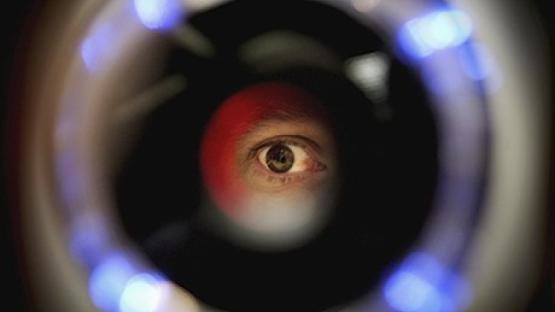The road to surveillance is paved with good intentions – and warning signs

15 November 2013
The following is an excerpt from a Comment originally published by The Guardian, written by Privacy International's Head of Advocacy, Carly Nyst:
From databases to mobile phone apps and SMS systems, GPS tracking and humanitarian drones to biometric registration, new technologies are rapidly becoming central to the delivery of humanitarian and development aid.
Refugees fleeing the Syrian conflict are having their irises scanned and their identity documents digitised. Nurses in Nigeria are using SMS systems to communicate HIV test results to health facilities. Cash is being delivered to those living in Kenya's slums through the M-Pesa mobile-phone banking system.
The drive behind this technological and data evangelism is well intentioned. The usefulness of these tools has played out repeatedly on the humanitarian stage, be it through the use of Twitter analysis to map the spread of cholera in Haiti or the distribution of smart cards to flood-affected populations in Pakistan. New technologies have made delivering a id faster, easier and cheaper.
Yet the technological revolution in foreign aid – like many other well-meaning innovations – is not without risk. A clear implication of adopting new technologies is the creation of previously unimagined amounts of data about the individuals who receive humanitarian and development assistance.



